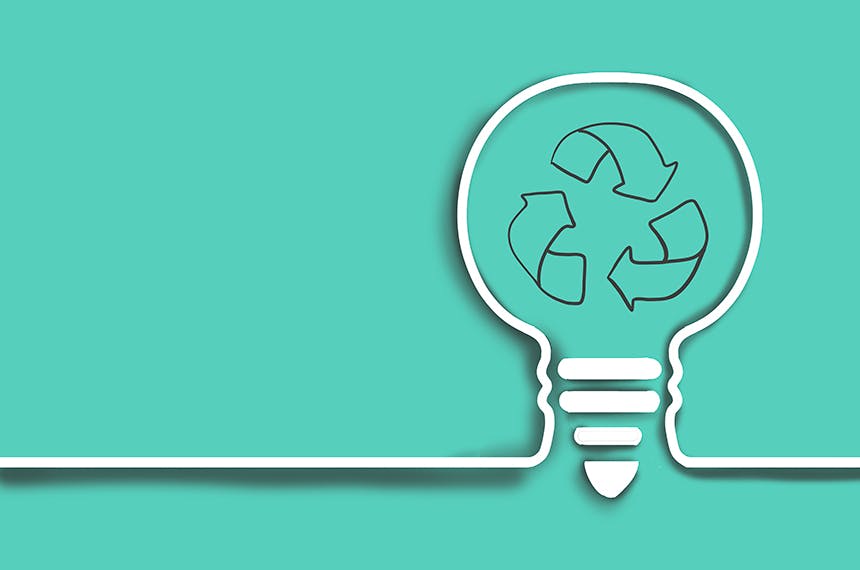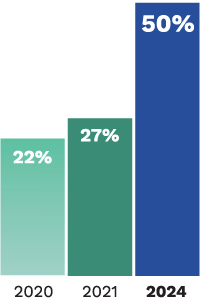At the heart of its value chain, Arkema operates in several ways to optimize its resources and enable the recyclability of its products. Firstly, as Virginie Delcroix, Head of Sustainable Development, points out, “through the widespread action we are taking in our plants around the world. I am thinking specifically of the excellent results achieved in 2021 in terms of reducing water consumption, improving energy efficiency and boosting waste recovery.”
More broadly, Arkema plays a leading role in its entire value chain, and in particular with its customers, in designing materials and solutions that contribute to the circular economy:
by choosing renewable or recycled materials, reducing the amount of material used, the separability of materials and components, their degradability, their ability to be recycled themselves, or their capacity to facilitate the recycling of the end products in which they will be incorporated. The issue of end-of-life products - and their recyclability - is now considered as part of their ecodesign, which involves the entire value chain, especially suppliers.
Arkema can act on many aspects of the circular economy thanks to its wide range of technologies and materials such as its polymers, additives and adhesives. “Many industries are currently developing so-called single-material systems, with different components that need to be compatible and recoverable as part of the same recycling process. For example, Bostik is actively working on this, and last year introduced a grade of laminating adhesive for the flexible packaging market, compatible with polyolefin recycling processes, which is a first on the market. This is a telling sign of the protean aspect of the circular economy.
As a specialty chemist, we have an important role to play with regard to all these features,” explains Noël Zilberfarb, Arkema’s Corporate Sustainable Offer Manager.









